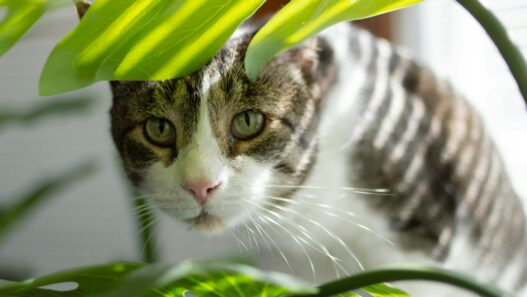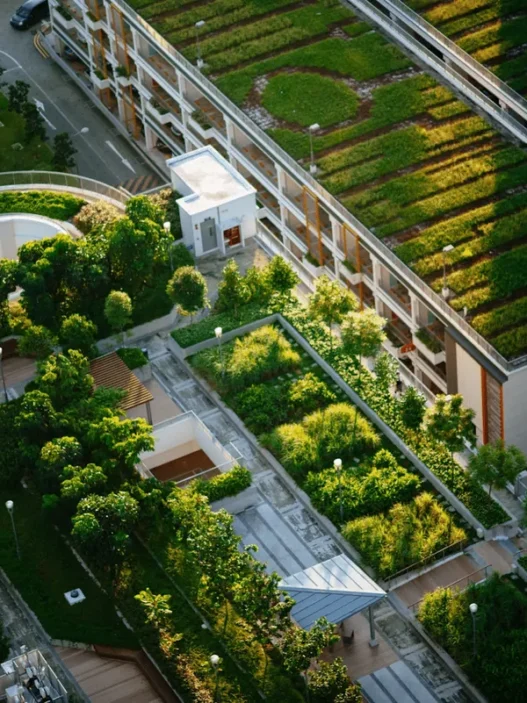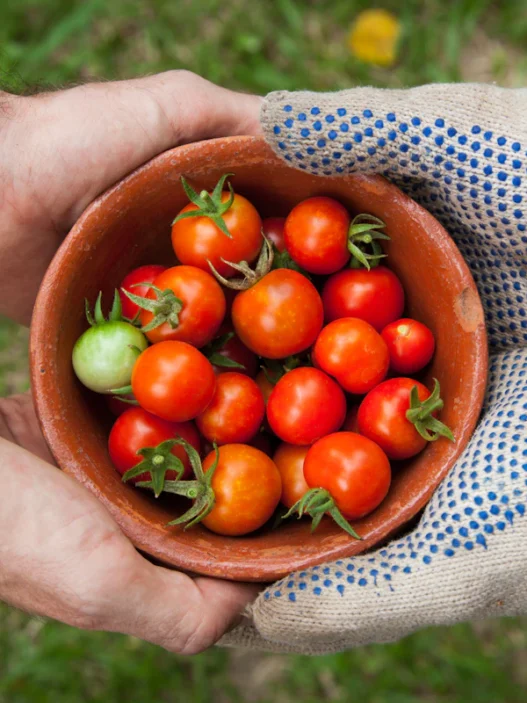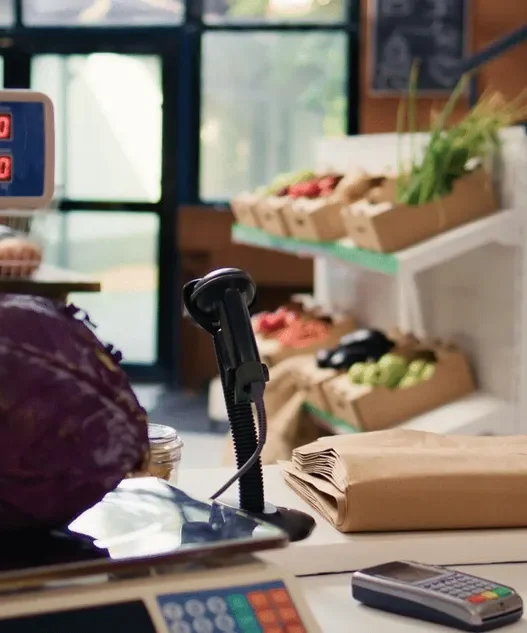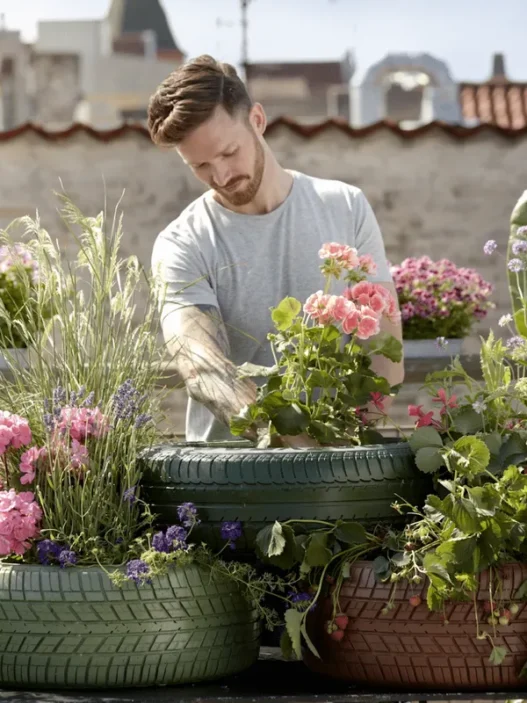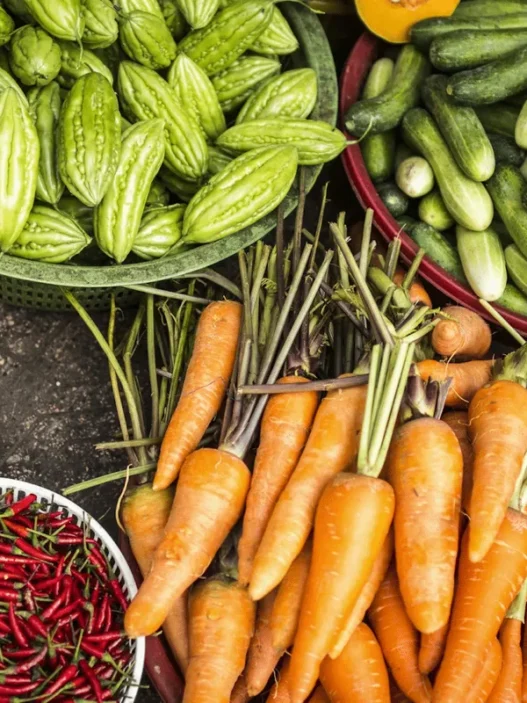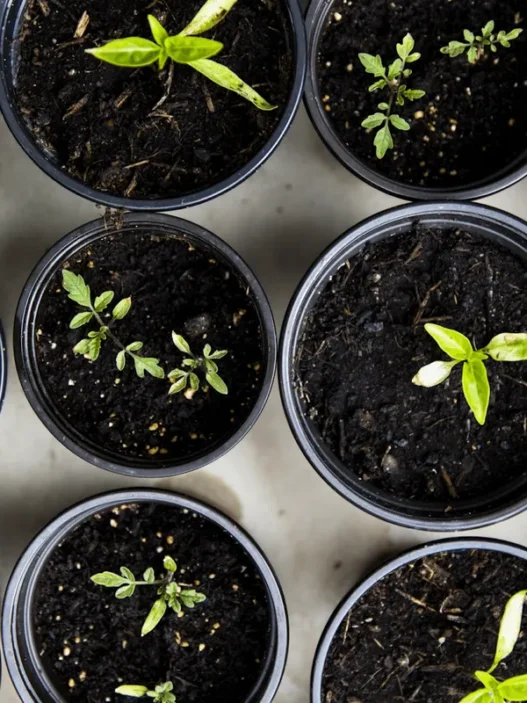You’re walking down your street, coffee in hand, when you spot it – a patch of vibrant green nestled between two buildings. Curious, you peek over the fence to find a bustling community garden, alive with chatter and the sweet scent of tomatoes ripening on the vine. Welcome to the world of urban gardening, where city dwellers are trading screen time for green time and growing more than just plants.
The Root of the Matter: Why Urban Gardening Matters
Urban gardening isn’t just about pretty flowers or homegrown veggies. It’s a secret ingredient in the recipe for stronger, happier communities. When you get your hands dirty alongside your neighbors, you’re planting seeds of friendship, trust, and shared purpose.
Think about it. In a world where we’re more likely to text than talk, community gardens are like nature’s social network. They’re places where you can disconnect from the digital and reconnect with the people around you. And the best part? You don’t need a green thumb to get started.
Sowing the Seeds of Community
Breaking Ground and Breaking Ice
Remember when you were a kid, and making friends was as easy as sharing a sandbox? Urban gardening brings back that simplicity. It’s like a grown-up playground where striking up a conversation is as natural as asking, “What are you planting?”
Here’s the thing: when you’re working side by side in a garden, small talk blossoms into real connections. You might start by swapping tips on keeping slugs away from your lettuce, but before you know it, you’re sharing life stories and weekend plans.
And it’s not just about chatting while you work. Community gardens often host events like harvest parties or seed swaps. These get-togethers are perfect for meeting people you might never have crossed paths with otherwise. Suddenly, your network of friends and acquaintances grows faster than your zucchini plants (and that’s saying something).
A Melting Pot of Diversity
Urban gardens are like little United Nations of plants and people. You’ll find heirloom tomatoes growing next to exotic herbs you can’t pronounce, tended by folks from all walks of life.
This mix of cultures and backgrounds is pure magic for community building. You might learn about traditional growing techniques from an elderly neighbor or discover a new favorite vegetable from the family who just moved in down the street.
The beauty of it? Gardening is a universal language. It doesn’t matter if you’re a CEO or a college student – in the garden, everyone’s equal. You’re all just people trying to coax life from the soil and maybe figure out why your cucumbers are turning yellow.
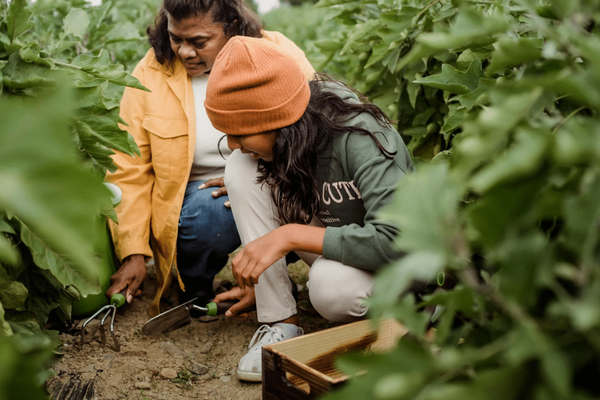
Cultivating More Than Plants
The Harvest of Shared Purpose
There’s something special about working towards a common goal. When you and your neighbors transform a vacant lot into a thriving garden, you’re not just growing plants – you’re growing pride in your community.
This shared sense of accomplishment is like Miracle-Gro for community spirit. You’ll find yourself high-fiving over the first ripe tomato of the season or commiserating about the squirrels that keep raiding your sunflower seeds. These shared experiences create a bond that goes beyond the garden fence.
And when harvest time comes around, there’s nothing quite like the feeling of sharing the literal fruits of your labor. Maybe you’ll organize a community potluck featuring dishes made from garden-fresh produce, or set up a little free veggie stand for neighbors to enjoy. Either way, you’re nurturing a culture of generosity and connection.
Learning and Growing Together
One of the coolest things about urban gardening? It turns your neighborhood into an open-air classroom. You don’t need to sign up for a course or watch endless YouTube tutorials (though those can be helpful). The best learning happens right there in the dirt.
Got a question about composting? Just ask the guy two plots over who’s got a compost bin that looks like it came straight out of a gardening magazine. Wondering how to stake your tomatoes? The retired teacher who grows prize-winning beefsteaks is always happy to demonstrate her technique.
This knowledge-sharing goes beyond just gardening tips. You might learn about local history from long-time residents, or get the inside scoop on the best restaurants in the area. It’s like having a living, breathing neighborhood guidebook at your fingertips.
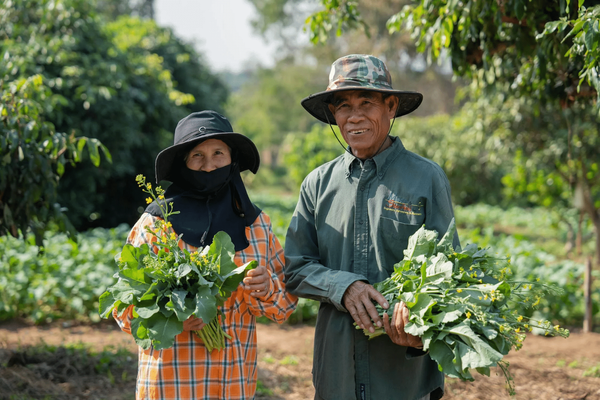
From Seed to Social Change
Greening the Concrete Jungle
Urban gardening isn’t just good for your social life – it’s a game-changer for the environment too. And when you’re part of a community working to make your neighborhood greener, you can’t help but feel a sense of shared purpose.
Every plot of land you transform from bare earth to blooming garden is a win for biodiversity. You’re creating habitats for bees, butterflies, and birds right in the heart of the city. It’s like building tiny nature reserves, one garden bed at a time.
And let’s talk about that “urban heat island” effect. You know, how cities tend to be hotter than surrounding areas because of all the concrete and asphalt? Well, community gardens are like natural air conditioners. They help cool down the neighborhood, making those sweltering summer days a little more bearable for everyone.
Food for Thought (and for the Table)
Urban gardens aren’t just about flowers and fancy landscaping. They’re about food security and sustainability too. When you grow your own produce, you’re taking a step towards a more resilient food system.
Think about it. The veggies you buy at the supermarket might have traveled hundreds of miles to get there. But the ones you grow in your community garden? They’ve only traveled from the plant to your plate. That’s what you call a low-carbon-footprint meal.
For some neighborhoods, community gardens can be a vital source of fresh produce in areas where grocery stores are few and far between. They’re not just convenient – they’re making a real difference in people’s lives.
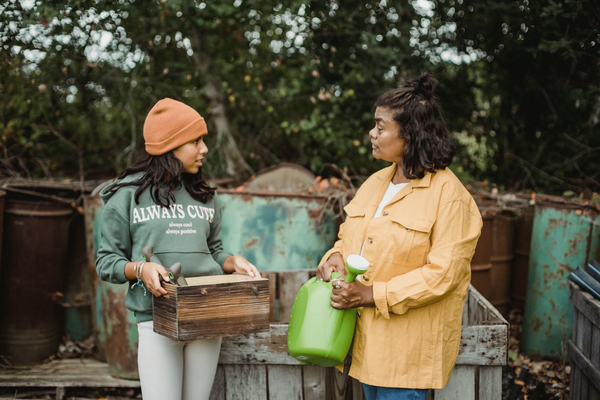
Rooting Out Challenges
Space: The Final Frontier
Let’s face it – finding space to garden in the city can be tougher than getting your tomatoes to ripen before the first frost. But urban gardeners are nothing if not creative.
No vacant lot in your neighborhood? No problem. You’d be amazed at the spots people turn into green spaces. Rooftops, balconies, even old parking lots can become thriving gardens with a little imagination and elbow grease.
And here’s a pro tip: look for unlikely allies. That office building down the street might be willing to let you start a garden in their underused courtyard. Or maybe the local school has some space that could use a green makeover. When you start thinking outside the flower box, the possibilities are endless.
Navigating the Red Tape
Starting a community garden isn’t always as simple as sticking a shovel in the ground. There can be a fair bit of bureaucracy to wade through, from getting permits to securing water access.
But here’s the silver lining: navigating these challenges as a group can actually bring you closer together. When you’re all working towards the same goal, facing obstacles becomes a team-building exercise. You might discover that your quiet neighbor is a whiz at writing proposals, or that the guy who always walks his dog past the garden is actually on the city council.
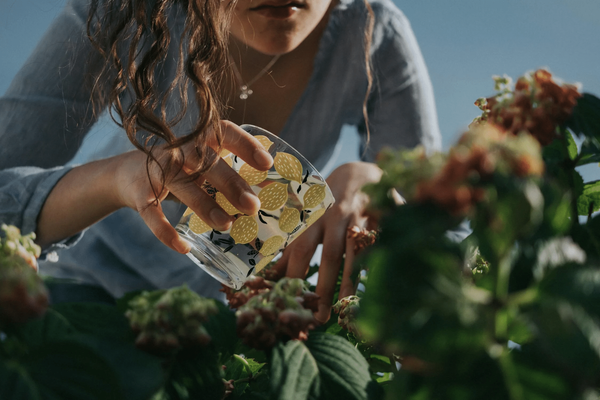
Planting the Seeds of Tomorrow
Urban gardening isn’t just a trend – it’s a movement that’s here to stay. As our cities grow and change, these green spaces will become more important than ever. They’re not just pretty to look at or nice to have – they’re essential threads in the fabric of strong, resilient communities.
So the next time you pass a community garden, why not stop and take a closer look? Better yet, roll up your sleeves and join in. You might just find that as you nurture the plants, you’re also growing something even more valuable – a sense of belonging, right there in the heart of the city.
Remember, you don’t need to have a green thumb to get started. All you need is a willingness to dig in, learn, and grow alongside your neighbors. Who knows? The seeds you plant today might just blossom into a stronger, greener, more connected community tomorrow.





